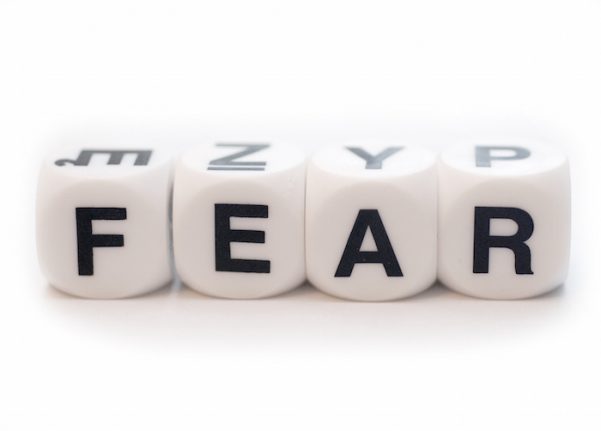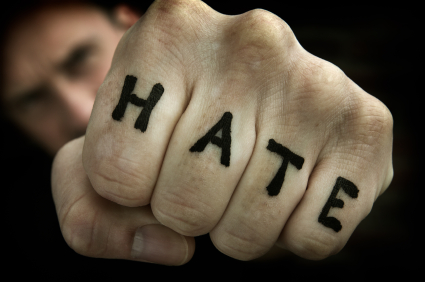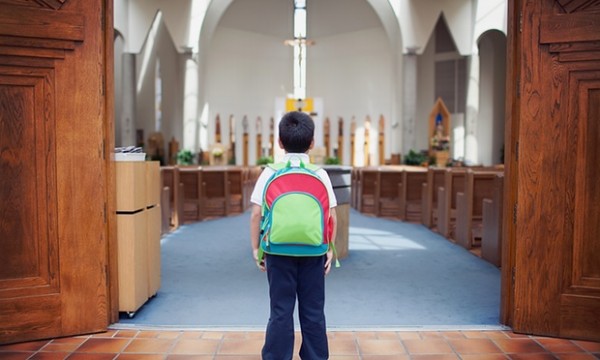By Jenny Boylan

Donald Trump wasted no time. “Is President Obama going to finally mention the words radical Islamic terrorism? If he doesn’t he should immediately resign in disgrace!”
This was early on Sunday, as the country was waking up to learn about the massacre in Orlando. Fifty people dancing at “Latin night” at a gay nightclub, The Pulse, had been killed by shooter who, at that hour, had not yet been identified.
The facts weren’t all in then, and are even now still being revealed. But it wasn’t too early for Donald Trump to decide on the source for this tragedy. “I called it,” he tweeted, referring to his pledge to temporarily ban Muslims from entering the country.
There are a lot of threads in this story: gun rights, terrorism, ISIS, Latino and Latina identity, immigration, and the endless and execrable campaign of 2016. It is hard to understand this catastrophe without taking the time to understand how all these forces intersect. The weeks ahead will give us the chance to learn more.
But one thing seems clear already. Omar Mateen didn’t learn his hatred of LGBT people from a distant cell of terrorists in Syria. He learned it on American soil.
This was no foreign born terrorist who furtively snuck over the border, like those Mexican “criminals, drug dealers, and rapists” Trump has mentioned. This was a man born in New York, raised in this country. Whatever he is, he is the product of our own culture.
We know that Mateen had been married, for a year, and that the marriage was marked by violence and abuse. But we also know that he had used an app called Jack’d, a dating site for men. He’d once proposed meeting a gay man for a drink at Pulse, the very club where he would later commit his atrocity.
One possible narrative of this tragedy is that it was committed by a man who was attracted to other men, and who found it impossible to accept the truth of what was in his heart. So instead he decided to destroy what was in himself, by lashing out at his brothers and sisters, to destroy the lives of people living with an absence of shame that he could not imagine for himself.
This was a man who had learned that it is better to commit mass murder — and suicide — than to accept oneself. This was a man who had learned that the lives of gay and lesbian and bi and trans people are expendable, that his own life, if he was one of us, was not worth living.
From whom did he learn this lesson? Did terrorists in Syria send him telegrams? Did the Taliban reach him by phone?

Of course not. He learned hatred of LGBT people, and of himself, right here at home.
He learned it from a county in which 200 anti LGBT bills have been introduced in the last six months.
He learned it in a country in which legislators have approved bills making it legal for any business not to approve services for marriages on the basis of religious objection.
He learned it from a country in which in one state, people with female anatomy and appearance are legally required to use the men’s room, because of what might appear on their birth certificates.
He learned it from a country in which, in another state, mental health professionals are permitted, if they so choose, to refuse services to gay people.
He learned it from a country in which people like me, and families like mine, are blithely referred to as “abominations.”
He learned it from a country in which the Lieutenant Governor of Texas — the second highest elected official in our second largest state — responded to the tragedy in Orlando by posting the message on Twitter: “God cannot be mocked. A man reaps what he sows.”
He learned it from a country in which more than a third of transgender people have attempted to take their own lives. One such victim, seventeen year old Leelah Alcorn, threw herself in front of a truck last year rather than live in this culture. “Fix society,” she wrote in her suicide note.
The society Alcorn wanted fixed is not the society of the Taliban in the mountains of Pakistan. The society Alcorn wanted fixed is not the society of the Islamic State. It was the society of her home town of Kings Mills, Ohio, a state that has no protections for sexual orientation or gender identity outside of state employment.
It was the society of Orlando, Florida, where a person who survived the massacre at the Pulse on Saturday night can be legally fired on Monday morning for being gay.
On Sunday, just hours after the Orlando shooting, a twenty year old Indiana Man, James Wesley Howell, was arrested in California with an arsenal of weapons he apparently intended to use on an attack on the Los Angeles Pride celebration. His car contained three assault rifles, high capacity magazines, ammunition, and a five gallon bucket containing chemicals.
From whom did Howell learn his hatred? Hint: It wasn’t Osama bin Laden.
We cannot create a more loving and compassionate country by sealing our borders. Hatred of people like me, and of my family, does not come from overseas.
The fault is not in our stars. It is in ourselves.
Complete Article HERE!

